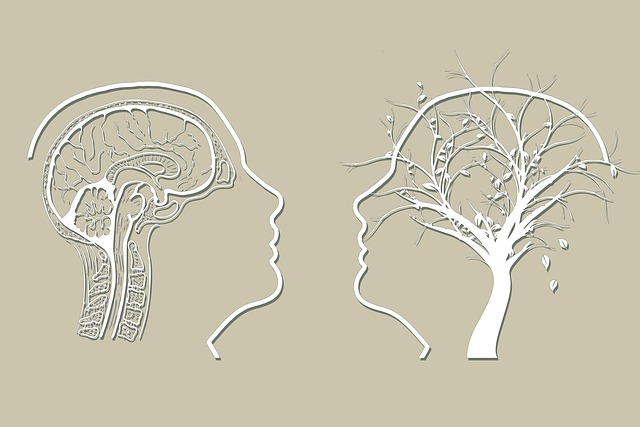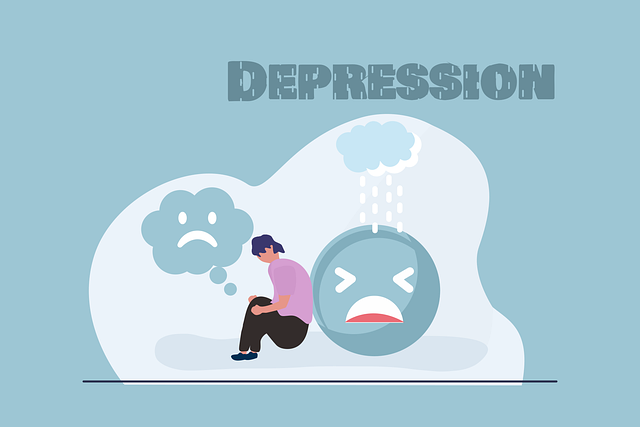Mental Health Crisis Hotlines provide 24/7 confidential support, connecting individuals in distress with resources like Longmont Codependency Therapy. This specialized service tackles complex interpersonal issues through open communication and self-awareness to promote lasting positive changes in relationships and mental well-being. A robust network of counseling centers, support groups, healthcare providers, and community organizations ensures tailored care for diverse needs, fostering effective crisis intervention and ongoing recovery management.
“In today’s fast-paced world, mental health crisis hotline support services play a pivotal role in safeguarding our well-being. This article explores the significance of these lifelines, with a focus on Longmont Codependency Therapy as a leading provider. We’ll delve into understanding crisis hotlines, uncovering the vital role they play in immediate assistance and long-term care. Additionally, we’ll guide you through accessing services, building a support network, and emphasizing the importance of continuous treatment, especially through specialized therapy like Longmont Codependency Therapy.”
- Understanding Mental Health Crisis Hotlines
- The Role of Longmont Codependency Therapy
- Accessing and Utilizing Support Services
- Building a Network for Continuous Care
Understanding Mental Health Crisis Hotlines

Mental Health Crisis Hotlines serve as vital safety nets for individuals experiencing acute emotional distress or mental health crises. These 24/7 services provide immediate support, offering a confidential space to express concerns and receive guidance. Trained professionals on the other end of the line are equipped to assess situations, offer crisis intervention techniques, and connect callers to suitable resources like Longmont Codependency Therapy for specialized care.
Cultural sensitivity in mental healthcare practice plays a significant role in these hotline interactions. Understanding and respecting diverse cultural backgrounds ensures that support is tailored to individual needs. Whether it’s incorporating culturally specific coping strategies or demonstrating empathy for unique perspectives, this approach fosters trust and enhances the overall effectiveness of crisis support. Additionally, hotlines can equip callers with self-esteem improvement techniques and conflict resolution skills, empowering them to navigate challenging situations more effectively.
The Role of Longmont Codependency Therapy

Longmont Codependency Therapy plays a pivotal role in addressing complex interpersonal issues that often underlie mental health crises. This specialized service delves into the dynamics of codependent relationships, helping individuals recognize and break harmful patterns. By facilitating open communication and fostering self-awareness, Longmont Codependency Therapy equips clients with essential tools to manage their moods effectively.
Through a meticulous risk assessment for mental health professionals, this therapy ensures safety and guidance throughout the process. It promotes mental health awareness by teaching healthy boundaries, assertiveness, and mutual respect—crucial components for recovering from codependency. By targeting these foundational aspects, Longmont Codependency Therapy paves the way for lasting positive changes in both personal relationships and overall mental well-being.
Accessing and Utilizing Support Services

Accessing support services for mental health crises is a vital step towards healing and recovery. For individuals struggling with codependency or related issues, Longmont Codependency Therapy offers a specialized approach to address unique challenges. This form of therapy provides a safe space where clients can explore their emotions, understand codependent behaviors, and develop healthier coping mechanisms.
Utilizing these services often begins with reaching out to the appropriate hotlines or local mental health organizations. With cultural sensitivity in mental healthcare practice at its core, Longmont Codependency Therapy ensures that support is tailored to individual needs, respecting diverse backgrounds and experiences. By integrating mood management techniques and burnout prevention strategies for healthcare providers, the process becomes more effective, fostering a supportive environment that encourages open communication and positive outcomes.
Building a Network for Continuous Care

Building a robust network for continuous care is paramount in addressing mental health crises effectively. This involves integrating various services like counseling centers, support groups, and healthcare providers to create a holistic system that caters to diverse needs. For instance, in Longmont Codependency Therapy, therapists often collaborate with primary care doctors, psychiatrists, and community organizations to offer comprehensive treatment. By fostering partnerships, mental health professionals can ensure patients receive consistent support, from initial crisis intervention to ongoing therapy and recovery management.
This network approach encourages a multidisciplinary strategy where each member contributes unique expertise. Mental wellness journaling exercises and guidance on emotional regulation, for example, can be provided by therapists alongside medical treatments, offering patients diverse tools for self-care and long-term mental wellness. Such an integrated system enhances patient outcomes by promoting sustained recovery and fostering a supportive environment that extends beyond traditional therapy settings.
Mental health crisis hotline support services play a vital role in providing immediate assistance and guiding individuals toward long-term recovery. As highlighted, understanding these hotlines and leveraging resources like Longmont Codependency Therapy can significantly impact care. Building a network of support through therapy and community resources ensures continuous care, fostering resilience and well-being. Remember that access to these services is crucial, and with the right guidance, folks can navigate their mental health journeys effectively.














